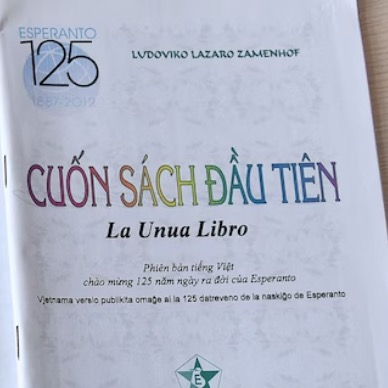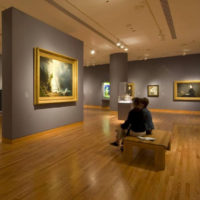“When the journalist and filmmaker Ana González was growing up near Madrid, in the nineteen-nineties, flamenco seemed both ubiquitous and retrograde. For González, this exuberant style of dance and music, which emerged in southern Spain, represented a cloying brand of nationalism. ‘I used to reject the conventional flamenco story, because I associated it with a very conservative tradition,’ she said. It took Manuel Liñán, the subject of Flamenco Queer, to change her mind.” (video) – The New Yorker








